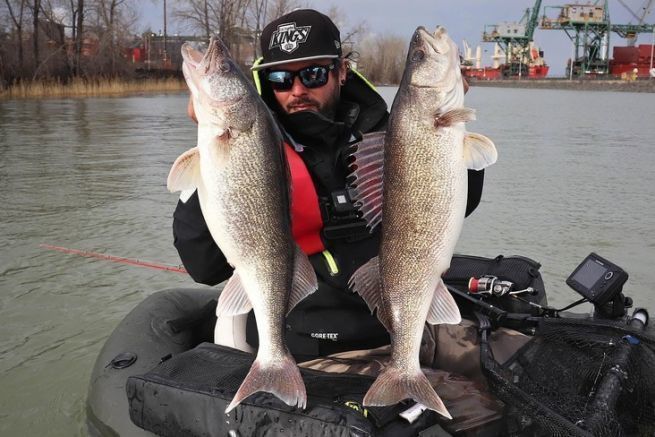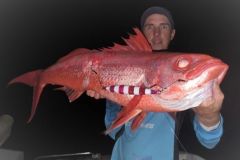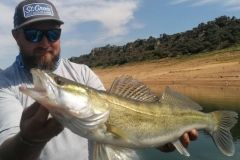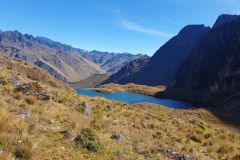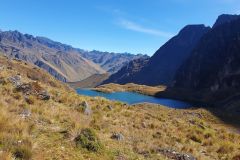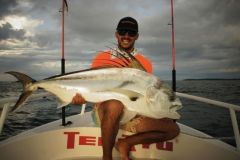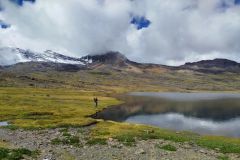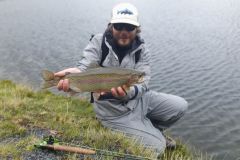Walleye and Pike Perch
And yes, this may seem strange to many, but the walleye, as well as the pike perch, which I consider almost identical, are among my favorite fish. Through this species, it is the technique of vertical fishing that I like and which I am adept.
The search for these fish, especially the big ones, is exciting, the satisfaction of deceiving them and finding these complicated fish is all the more gratifying. If I include my experience with pike perch fishing, I've been fishing this predator for more than 20 years, and I still have the same motivation to go out and look for it.
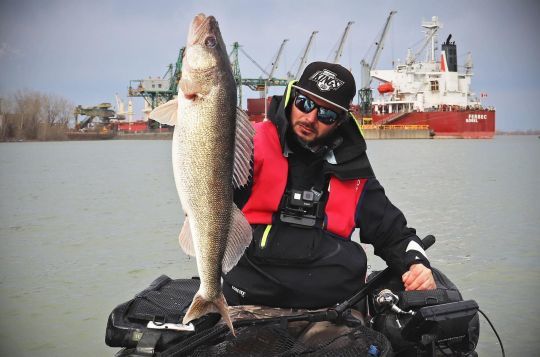
The world record walleye is a 25 Lbs (11.4 kg) fish, a size that many pike anglers would envy, so the reputation that walleye is a small fish can be revised.
Aspect
In addition to its shape, which is almost identical to that of the pikeperch, it is the coloring of the walleye that varies greatly according to the different environments. In clear water, this fish displays the golden or gray coloring typical of its species.
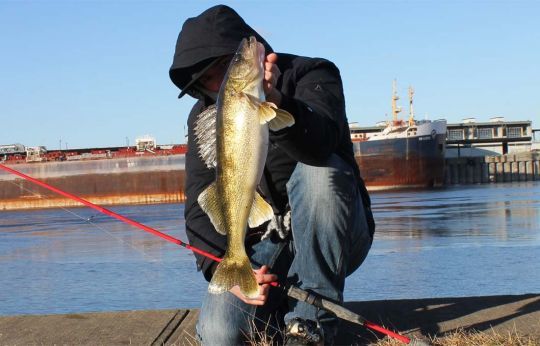
In dyed or whiskey-colored water, its back is noticeably darker and it often has a yellowish belly.
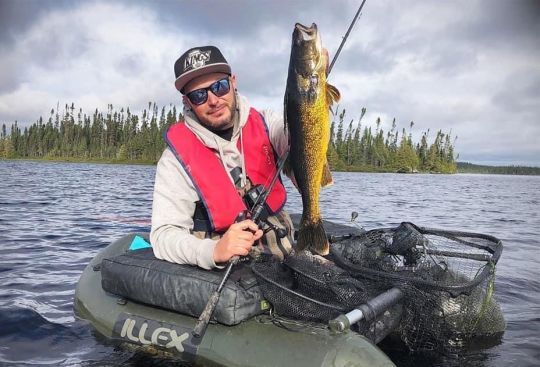
Black walleye
Another species of walleye swims in North American waters: the sauger. This one has several rows of characteristic black spots on the dorsal fin. The pectoral fins have a black spot at the base. The general coloration is in the gray colors, with non-regular black spots, like splashes. This species remains small and reaches a maximum of 50 centimeters. Finally, its body is thinner than that of the walleye.
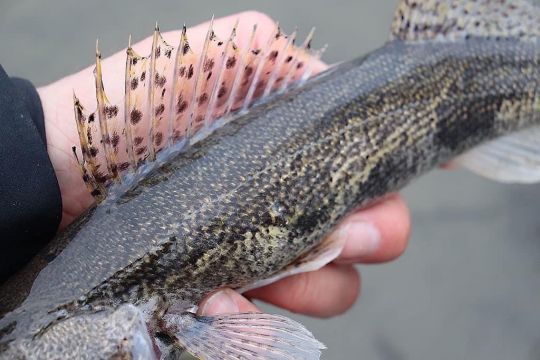
Walleye reproduction
In many ways, I consider the walleye and the pikeperch to be the same, yet their mode of reproduction has nothing in common. Indeed, while the pikeperch creates a nest, the walleye, in spring, gathers in the shallow gravel rivers, to spawn there a little like the salmon. Spawning occurs in groups of one or two females and several males. The eggs are released and fall on the bottom, there is no nest, nor protection of the eggs as in the zander.
When to go there?
Here is certainly one of the points that slow down to cross the Atlantic to discover this fish. To optimize the chances of catching large fish, it is best to fish in October/November, before the water surfaces freeze over, and at the time of the thaw, in March. These periods are random from one year to another and it becomes complicated to target the right week.
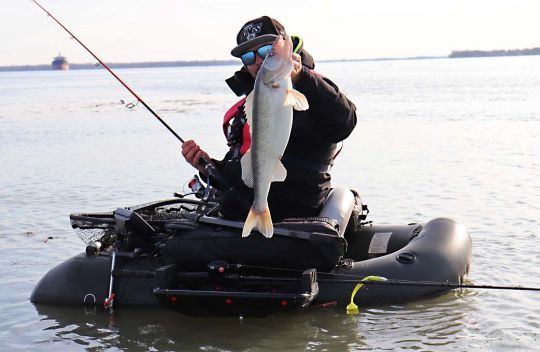
There is also the possibility of ice fishing during the winter, but I doubt that a vertical fishing enthusiast would be inclined to make such a trip to fish this way. Otherwise, there is also the post-spawning period, mid-May, very popular here. But any sport fisherman with a minimum of ethics, should not fish this fish at this time, during which it is very weak.
Where to go for walleye fishing?
In North America, the distribution area of the walleye is very large, and it is found in many states of the United States, as well as in the majority of the provinces of Canada. In Quebec, it is a fish that can be found in a multitude of rivers and lakes.
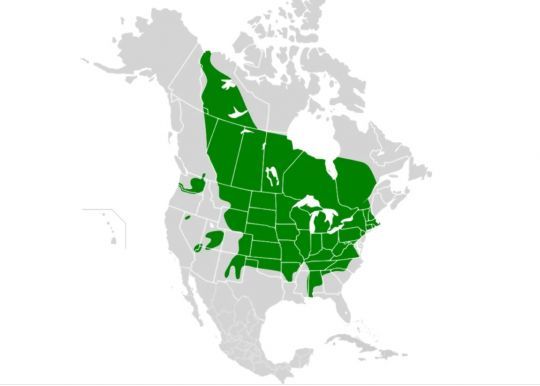
For a zander fishing enthusiast, this species is clearly worth a trip. Its abundance and the size it can reach place it, in my eyes, at the same level as the zander!


 /
/ 